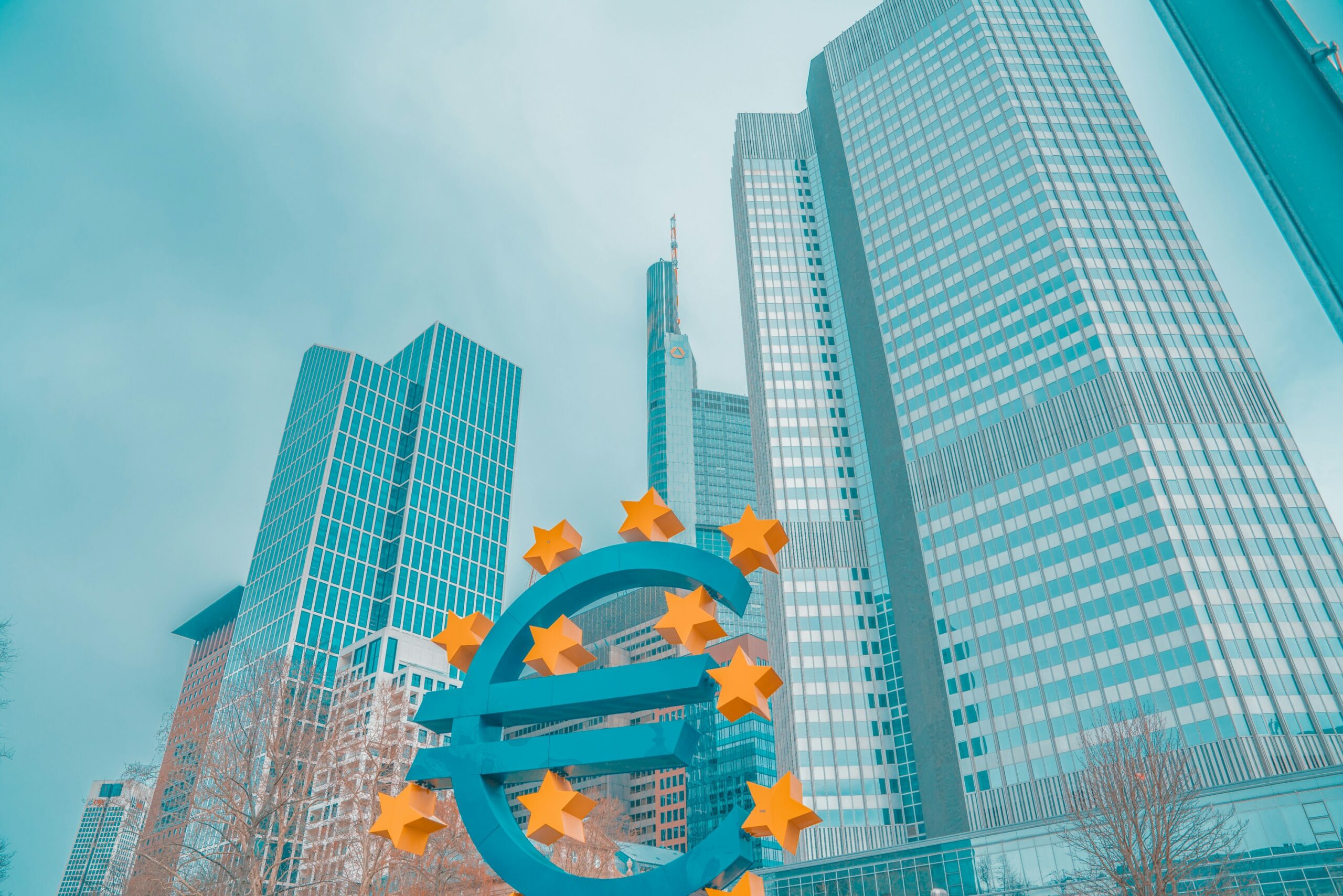European markets experienced a downturn on Wednesday, reversing recent gains and leaving investors wary as a confluence of geopolitical developments and sector-specific concerns weighed on sentiment. The broad-based retreat was particularly pronounced in the technology and defense sectors, which have been bellwethers for market performance in recent months.
The pan-European STOXX 600 index slipped by 0.4%, pulling back from a five-month high reached just a day earlier. Germany’s DAX and France’s CAC 40 followed suit, trading in the red for much of the day. The losses in Europe mirrored a choppy session on Wall Street, where tech giants also faced pressure.
Analysts pointed to a number of intertwined factors that contributed to the sell-off. At the top of the list was a notable decline in defense stocks, a sector that has seen its value soar since the onset of the conflict in Ukraine. Shares in major defense contractors like Rheinmetall and BAE Systems, which had been among the market’s strongest performers this year, slumped by 1.5% in early trading.
The sudden reversal followed reports of a potential summit between President Donald J. Trump of the United States and his Russian and Ukrainian counterparts. While the details of any such meeting remain murky, the prospect of a diplomatic breakthrough and a de-escalation of hostilities in Ukraine dampened investor enthusiasm for military-related assets. It was the defense sector’s worst single-day performance in over a month, according to market data.
“The defense sector’s rally has been predicated on the continuation of geopolitical tensions,” said Mark Williams, a senior market analyst at a London-based investment firm. “Any hint of peace talks or a reduction in conflict risk is going to prompt a reassessment of their valuations.”
Simultaneously, the technology sector, a cornerstone of Europe’s recent market resilience, also showed significant weakness. European tech stocks fell by nearly 1%, tracking a similar downturn in their American counterparts. The sell-off was fueled by persistent concerns over the high valuations of A.I.-related stocks and broader uncertainty about the future path of interest rates.
Adding to the unease was the release of UK inflation data, which showed a rise to 3.8% in July, its highest level since early 2024. While the figure was in line with the Bank of England’s expectations, it served as a stark reminder that inflationary pressures continue to simmer beneath the surface, clouding the outlook for monetary policy.
The market’s retreat on Wednesday served as a sobering reminder of the fragile nature of the current economic recovery. Despite hitting multi-month highs recently, the European markets remain susceptible to both global political shifts and domestic economic data. As investors look ahead to a key meeting of central bankers later this week in Jackson Hole, Wyoming, the mood is one of renewed caution. The question on many traders’ minds is whether this downturn is a temporary correction or the beginning of a more prolonged period of volatility.
